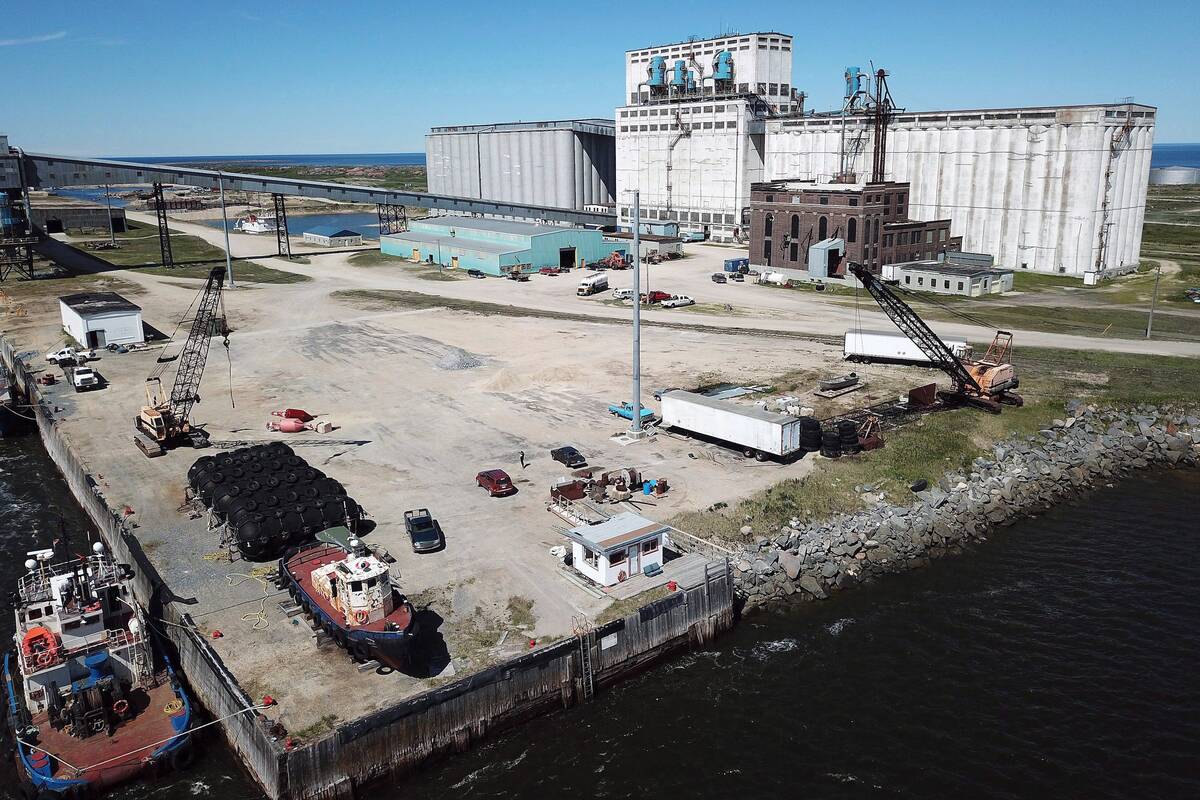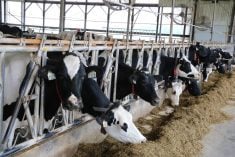While 75 per cent of the lambs in Manitoba are exported, lamb products are being imported from New Zealand to meet burgeoning local demand.
The Manitoba Sheep Association is hoping to change that starting with a series of meetings next week to explore a value chain linking local producers with processors and retail outlets.
The Manitoba Sheep Association (MSA) is working with the Value Chain Manitoba Initiative (VCMI) to explore the concept and hope these initial discussions will determine who wants in, said Lucien Lesage, chair of the MSA and a Notre Dame-area sheep producer.
Read Also

Air, land and sea join forces as Manitoba launches Arctic trade corridor plans
Manitoba wants to take its Arctic trade routes to the big leagues. The Port of Churchill, CentrePort Canada and Winnipeg airport have all raised their hands to help it happen.
“This is basically Phase 1 of the value chain, which is trying to identify the right retailers, the right abattoirs and the right producers for this,” he said.
Value chains are a business model for improving market access by linking production and processing requirements more closely with consumer demand.
One example of a value chain recently forged in Manitoba is between the Manitoba Organic Milk Co-op (MOM), and Notre Dame Creamery.
The producer group and processor teamed up last year to produce Organic Meadow, a brand of Manitoba-produced and -processed organic milk.
Another value chain recently launched in Manitoba is between a Winnipeg organic food distributor, Fresh Option Organic Delivery, four Manitoba vegetable growers, a health food chain and the University of Winnipeg’s institutional buyer for its cafeteria.
Sheep producers have been looking at value chains to see if this is a way to access an under-served local market, Lesage said.
“The demand is there,” he said. Preliminary discussions with retailers show more want to stock more local lamb, but can’t source it.
The MSA’s meetings take place Aug. 25, 26 and 27 from 9 a. m. to 11 a. m. at the MAFRI GO offices in Brandon, Carman and Stonewall.

















